FILED IN: ECONOMIC SHIFTS, EQUIPMENT FINANCE, ASSET LEASING INDUSTRY, GOLDMAN SACHS BRIEFINGS, AI INVESTMENT TRENDS, US BANKING LIQUIDITY CRISIS, SMALL TICKET VENDOR FINANCE, INDEPENDENT LENDERS, REGULATORY CHALLENGES, CAPITAL MARKETS, GLOBAL ECONOMIC LANDSCAPE, FINANCIAL STABILITY, ELFA, SMALL BUSINESS SUPPORT, 2024 TRENDS IN EQUIPMENT FINANCE, EQUIPMENT LEASE FINANCE TRENDS, LTI TECHNOLOGY FINANCE, DIGITAL TECH, LTI LEADERSHIP, LTI DIFFERENCE, OMAHA, NE FINANCE, #TheLTiDifference
19 August 2024 | by Randy Haug, EVP/Co-Founder/Vice Chairman, LTi Technology Solutions
Introduction
As the global economy undergoes significant shifts, the equipment finance and asset leasing industry faces both challenges and opportunities. The recent Goldman Sachs Briefings Newsletter, published on August 9, 2024 offers critical insights into the economic trends affecting the US and UK. At LTi Technology Solutions, we are committed to understanding how these changes impact our clients and the broader finance sector, ensuring that we remain agile and responsive to the evolving environment.
The AI Surge: Navigating Uncertainty in the Tech Sector
Artificial Intelligence (AI) continues to attract substantial investment, signaling its growing importance in the tech sector. However, as with any technological “gold rush,” the early days are often marked by volatility. While AI’s potential is undeniable, we’re in a period where it’s too soon to distinguish the true innovators from those that might not withstand the test of time. The industry is likely to experience a “settlement period” during which weaker AI ventures will likely fade, leaving only the strongest to lead the way.
For companies within the equipment finance space, this means staying vigilant as it presents both a challenge and an opportunity. It is essential to invest in AI technologies that are not only cutting-edge but also sustainable and adaptable to long-term industry needs. It’s crucial to invest in AI technologies that are not only innovative but also resilient enough to support long-term business objectives. As we move through this turbulent interim period, those who make strategic technology choices will be well-positioned to harness the full potential of the AI revolution.
The US Banking Sector: A Liquidity Crisis and Its Ripple Effects
While AI dominates the headlines, a significant yet quieter issue is brewing in the US banking sector – a liquidity crisis that could have widespread effects across the finance marketplace. The recent notable movement of deposits from community and regional banks to “Too Big to Fail” institutions reflects growing concerns over financial stability.
This shift could lead to increased bank consolidation, particularly within the regional banking sector, as interest rates potentially decline between 2025 and 2027. However, there is an alternative path: the Federal Deposit Insurance Corporation (FDIC) has the authority to mitigate this crisis by guaranteeing deposits beyond the current $250,000 limit. This action could revitalize community and regional banks’ ability to attract and retain deposits.
The regulatory response to this crisis has also been stringent, with increased scrutiny across all banking institutions. However, a more targeted approach – focusing on poorly managed banks – could help stabilize the industry without stifling well-run institutions. Access to affordable capital is vital for both US and global commerce, and a balanced regulatory approach is essential for maintaining a healthy financial ecosystem.
Small Ticket Vendor Finance: The Role of Independent Lenders
Given the current regulatory and liquidity challenges, it is unlikely that large banks will re-enter the small ticket vendor finance space under these conditions. This creates an opportunity for independent lenders, especially those with strong capital backing, to fill the gap. To succeed, these independent lenders must focus on managing the cost of funds, which needs to return to more normalized levels, and ensure that spreads accurately reflect the appropriate risk-reward balance.
Looking Forward: A Global Perspective
The global economic landscape is in flux, with significant implications for asset finance. As these dynamics continue to unfold, both in the US and UK, staying informed and adaptable will be key to navigating the changes ahead.
For 35 years, at LTi Technology Solutions, we’ve been committed to providing our clients with the insights, tools, and technologies they need to thrive in an ever-evolving marketplace. This commitment is what sets LTi apart – its what we and our clients call #TheLTiDifference.
Conclusion
Understanding the broader economic context is crucial for making informed decisions in the equipment and asset finance industry. By staying ahead of trends like AI investment and shifts in the banking sector, we can better prepare for the challenges and opportunities that lie ahead. As always, LTi Technology Solutions is here to support our clients every step of the way.
For more insights, click here to read or sign up for the Goldman Sachs Briefings Newsletter.


